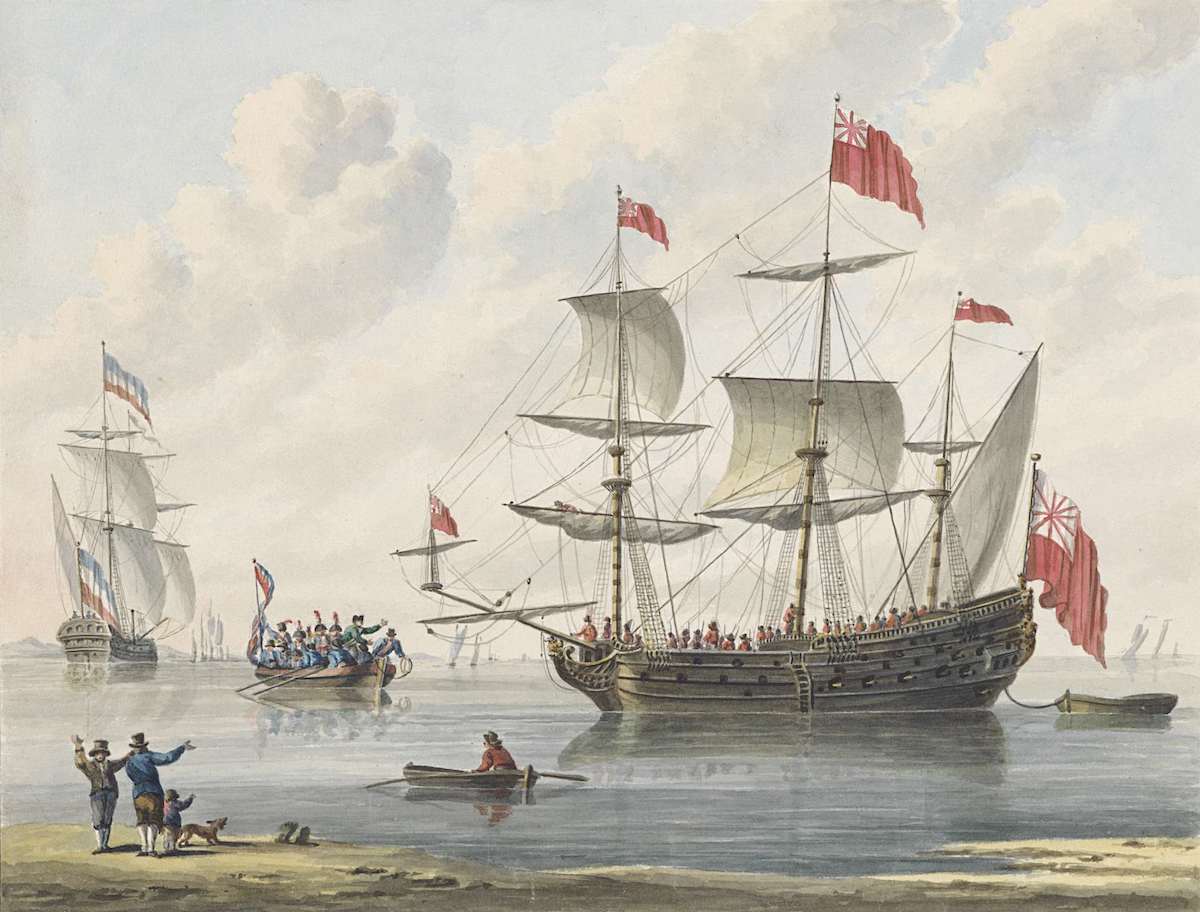Napoleon: An Extraordinary Rendition
When Napoleon surrendered to a British naval captain after his defeat at Waterloo, the victors faced a judicial headache. Was St Helena Britain’s Guantanamo Bay?

On July 15th, 1815, after being defeated at Waterloo and deposed in Paris, the former Emperor Napoleon Bonaparte presented himself to Captain Frederick Maitland, commander of HMS Bellerophon, which was blockading the exit from Rochefort on the French Atlantic coast. This peaceful surrender precipitated one of the most complex and unresolved issues in British law and politics. In modern parlance, the British were faced with the prospect of making Napoleon the subject of ‘extraordinary rendition’ – the extrajudicial transfer of a person from one state to another that recently characterised President George W. Bush’s war on terror. The problem was that sympathy for Napoleon in Britain – boatloads of far from hostile sightseers hailed him as he walked on Bellerophon’s deck in Plymouth Sound – meant that it would be risky to deal with him legally in the courts and just as risky to defy public opinion and treat him summarily and probably unlawfully.







